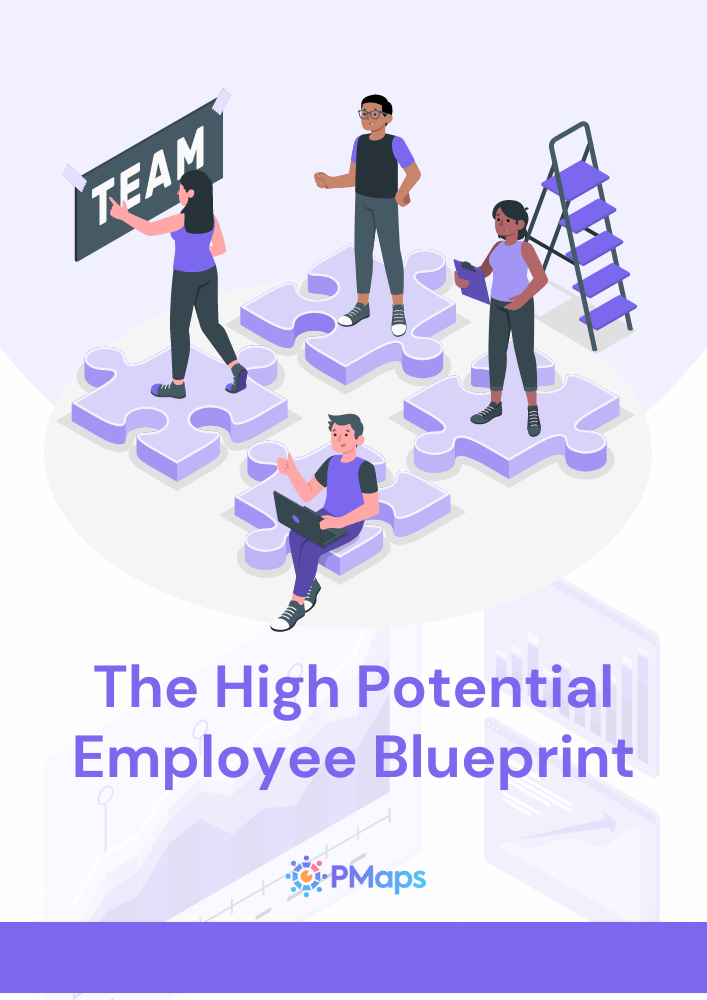
INTRODUCTION
Uncovering the Hidden Qualities That Matter in Hiring
At the start, when we meet someone new, our first thoughts can be quite powerful. We might think, “This person seems great!” But, here's the catch – those initial thoughts don't always tell the whole story.
When it comes to hiring, it's similar to sizing up a candidate based solely on that first encounter. However, that can lead us down the wrong path. Sometimes, we might overlook a truly exceptional candidate because we're too fixated on those initial impressions.
To truly understand if someone is the right fit for a job, we need to go deeper. It's like turning the pages of a book beyond its cover to discover the real story inside. So, let's keep in mind that first impressions are like a shiny cover, but the true value often lies beneath.
The Limitations of First Impressions
When we first meet someone, we tend to notice things like how they look, how confident they seem, and how well they present themselves. These are important, but they're just part of the story. They're like the cover of a book; they give you an idea, but not the whole tale.
The Halo Effect can make us focus too much on these initial positive things and ignore other important stuff, like whether the person has the right skills for a job. It's a bit like getting so impressed by a book's cover that you don't even bother to read what's inside.
So, remember, first impressions are like the tip of the iceberg, and the Halo Effect can sometimes lead us astray. To make the best hiring decisions, we need to look beneath the surface.
Identifying Key Competencies
When it comes to hiring the right person, we've got to be like detectives looking for clues. These clues are called “job-related competencies.” They're like pieces of a puzzle, and each job has its unique puzzle.
Now, these competencies aren't just about what you know; they're also about how you behave and your personality. Think of them as a mix of technical skills (the stuff you're trained to do), soft skills (like teamwork and communication), and even your personality traits (what makes you, well, you!).
So, when we're trying to figure out if someone is a good fit for a job, we need to look at these competencies. It's like checking if the puzzle pieces fit together. This helps organizations see if a candidate can truly shine in the role.
In the end, it's not just about what's on the surface; it's about finding the right pieces that fit the job's puzzle perfectly. That's how we make smart hiring choices.
The Role of Assessments
Assessments play a vital role in the process of identifying true potential in candidates. Here are some key points to consider:
- Objective Measurement: Assessments provide an objective way to measure a candidate's skills and competencies. They remove subjective judgments and biases that can arise from first impressions.
- Consistency: Assessments offer consistency in evaluation. Every candidate faces the same set of questions and tasks, ensuring a level playing field for all.
- Skill-Based Insights: By focusing on specific competencies required for the role, assessments provide valuable insights into a candidate's ability to perform the job effectively.
The Advantages of Blind Assessments
Blind assessments, such as PMaps' language-agnostic visual assessments, take objectivity to the next level. These assessments:
Imagine this: When we use blind assessments, we don't focus on personal stuff like a person's name or background. This helps us make decisions without unfair thoughts about gender, race, or anything like that.
- Here's the deal: Blind assessments make sure everyone gets a fair shot. It's all about checking if someone can do the job well, without any other stuff getting in the way.
- Think of it like this: Some people might not do great in regular interviews, but they might be secretly awesome at the job. Blind assessments help us find those hidden talents. Cool, right?
CONCLUSION
Incorporating assessments into your hiring process can transform it from one based on first impressions to a comprehensive approach that identifies true potential. By evaluating candidates objectively and focusing on the competencies that matter most, organizations can make more informed and equitable hiring decisions.
To explore how PMaps' blind assessments can help you uncover hidden talent and make better hiring decisions, you can contact us- at ssawant@pmaps.in) today or book a demo.








